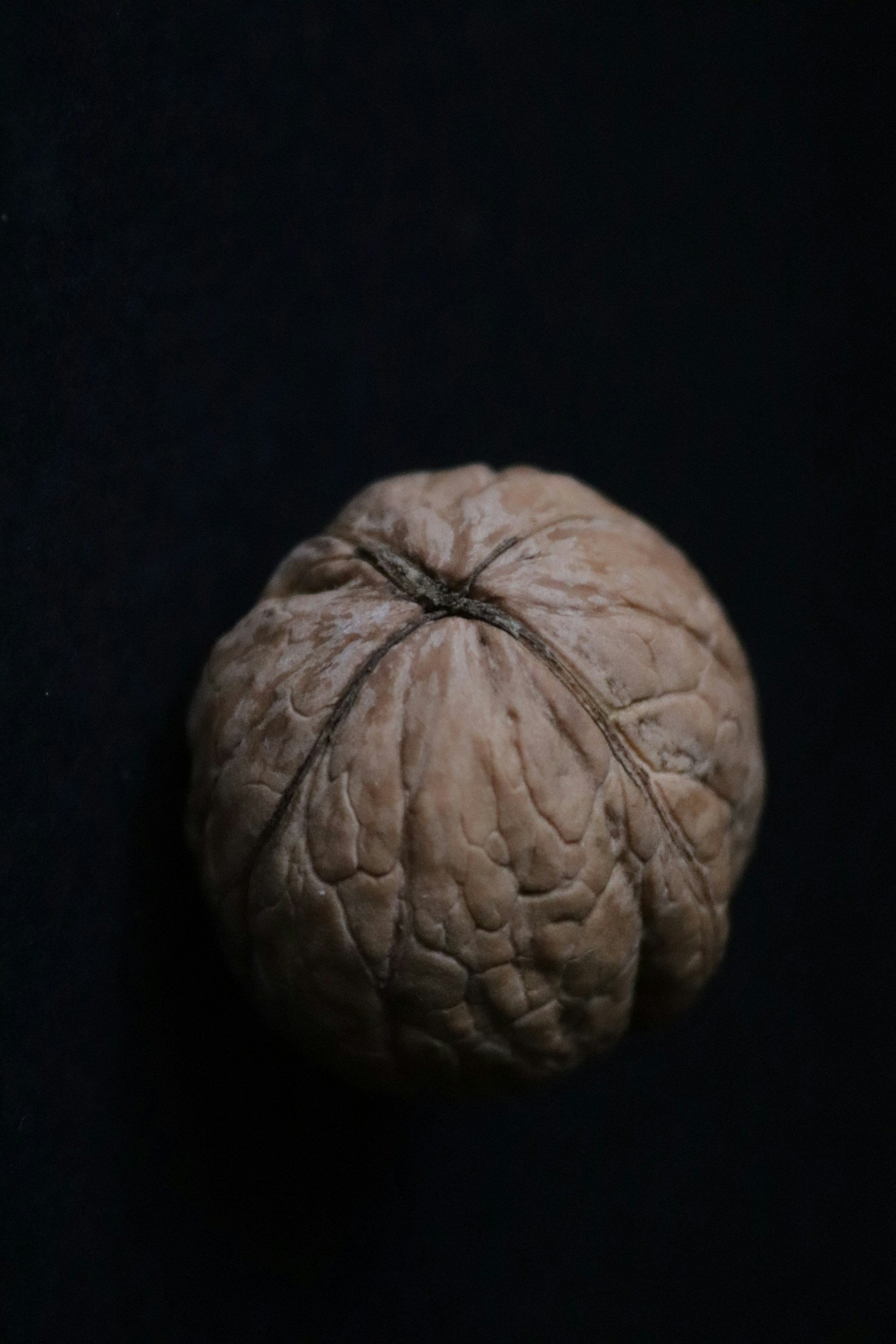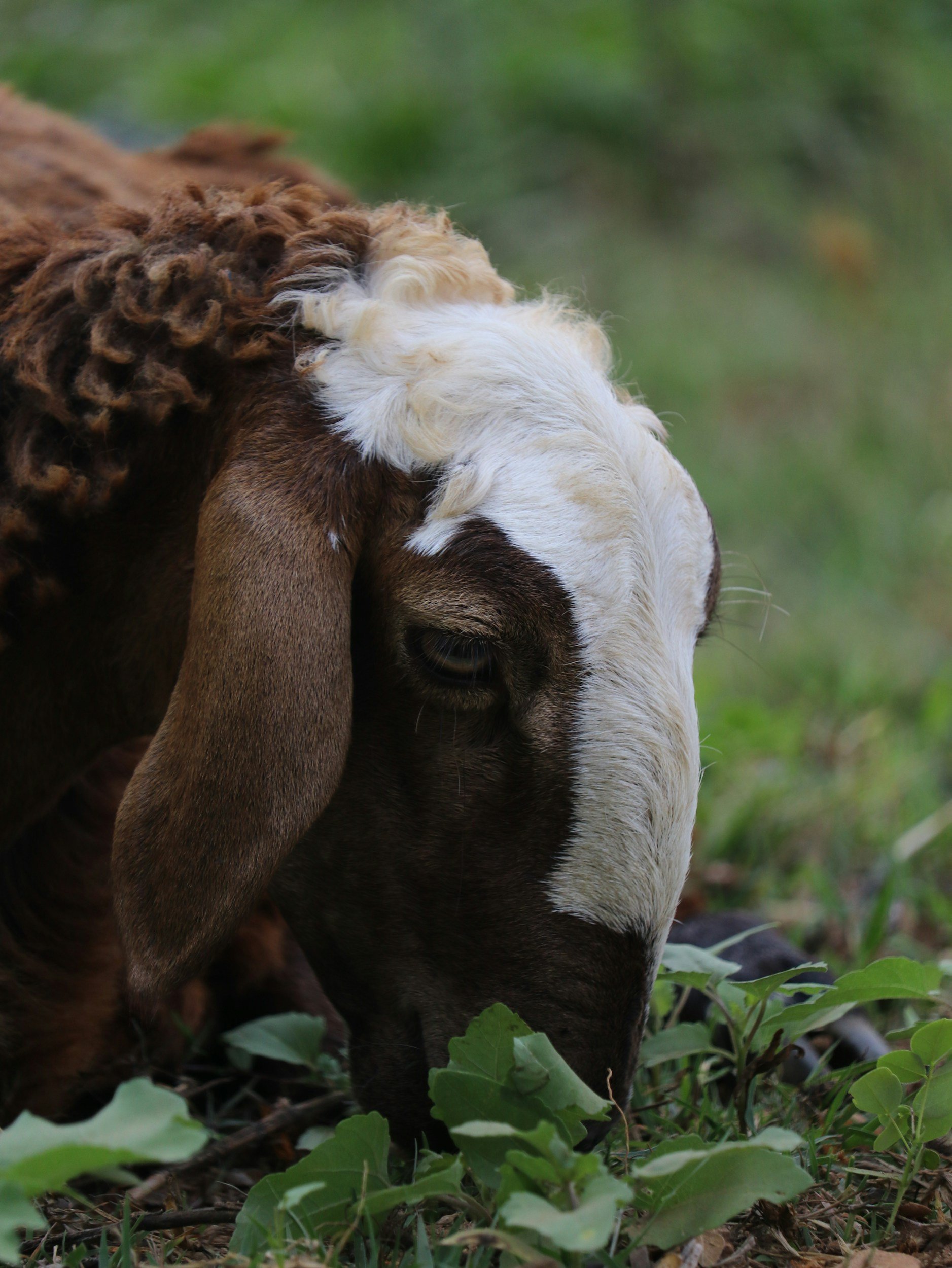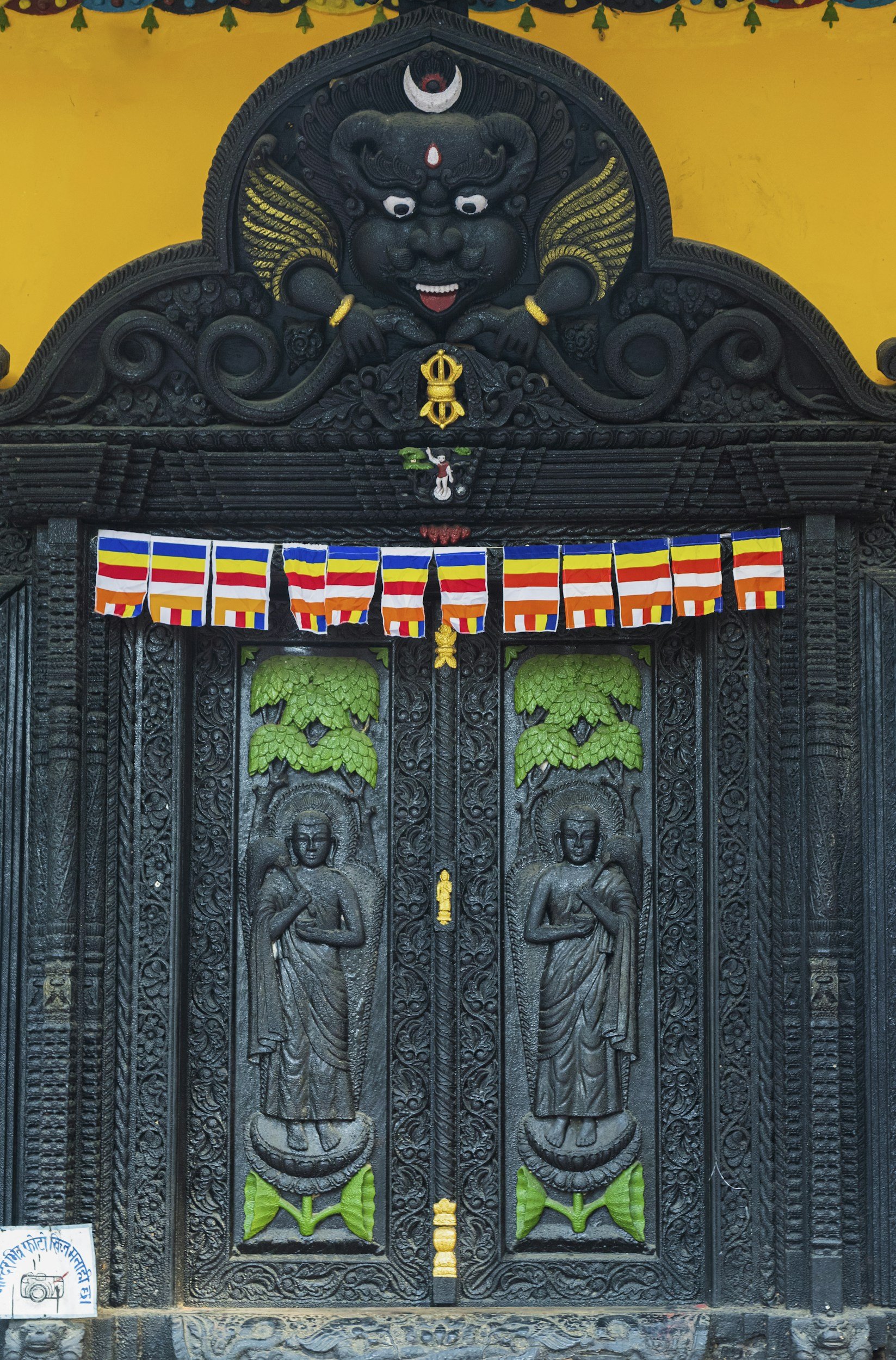Onoja Oboni: A Tale of the Legendary Giant Who Built a City In Igboland
Once upon a time in the ancient Igala kingdom, in the time when humans had a much longer life span and they could live to a very ripe and full old age. A strange child was born into the royal lineage of the land. A new prince of the Agaidoko clan, in Ida, was born with great signs of might and he was named Onoja Oboni by his people. Onoja was born with six fingers on each hand and six toes on each foot, an Oboni, the birth sign of a giant who would possess supernatural powers and strength beyond understanding. It was rumored in the palace that this new prince was a demigod, a direct descendant of the gods themselves and this caused the royal family to become suspicious of his mother. These rumors caused Onoja and his mother great ruin to their reputation but no one for fear of repercussions from the gods or out of fear for the might of Onoja as he grew older could challenge either him or his mother while they remained in the great palace of the royal family.
As time went on, and as Onoja Oboni grew in the kingdom of his people, the suspicions they had about him became more apparent. Especially as Onoja grew to be a giant, taller than the tallest of men, stronger than the strongest of men, even more knowledgeable in the mysteries of the gods than the great priests of the land. Onoja Oboni remained undefeated and he brought many victories of war to the ancient Igala Kingdom. He was revered as a mighty warrior for his great conquest. No mortal could compete with Onoja Oboni and stand. But there was one problem that remained lingering like a bad tooth in Onoja’s life. As ambitious and fearless even feared as he was, there was still a challenge of his legitimacy within the royal family.
This did not stop Onoja Oboni from being pulled by his divine might and ambitions to become a ruler amongst his people by ascending the throne. The ancient Igala kingdom was still a great land feared amongst its peers, and even though Onoja attempted to become a ruler over his people, he failed in his attempt to ascend the throne. Not even a giant could succeed in ruling over a people who did not want him as a ruler, especially in the ancient Igala kingdom. So all of Onoja Oboni’s attempts to ascend the throne in the royal family failed and came to nought. In the cause of this failed attempt, he had gained very powerful enemies including his father. So when Onoja could not successfully become ruler in his motherland, out of what had now turned into a disgrace and several failed attempts against his life, he fled from the Igala kingdom in search of the land of his forefathers never to return again.
This was the beginning of Onoja Oboni’s sojourn into Igbo land where he would be remembered for ages to come as a great ancestor, a mighty giant, an undefeated warrior, and a wondrous medicine man. In ancient Igbo land, Onoja traveled far and wide exerting his influence on every community he visited. He was praised and respected for his strength and his supernatural gifts in medicine. Onoja had a reputation for attempting many great impossible feats; once he attempted to stop the flow of the Omambala river. Some of his attempts at impossible feats just like the attempt to stop the flow of the great river failed, while many others succeeded. His fearlessness made him respected all the more, and communities were always willing to give him land to build on, including their daughters to marry and bear him children.
A half god, half human, one of the many supernatural powers Onoja came to discover of himself as he grew older and wiser was that he was almost immortal. He possessed the kind life span mere humans could only dream of. He could be killed, yes, if anyone knew how to bring about his death but his death could not be because of aging. As Onoja grew older and wiser in years, his supernatural powers spanned deep, wide and far. He understood the mysteries of man which were knowledge to the gods, and these secrets helped him perform signs and wonders as a medicine man and as a warrior. He cured people of various illnesses in the communities he visited, and he taught many who were willing to learn the mysteries of medicine.
Onoja lived amongst several Igbo communities, marrying wives, having sons and daughters who later became founders of different cities themselves. He served as a warrior who won battles, a hunter who caught wild animals with his bare hands, a trader who exchanged all sorts of goods and spoils of war with different communities and a guardian passing on some of his knowledge to those who were willing students. In the ancient Igbo communities every man was a king of his own household, so Onoja ruled over his family and those who submitted themselves to his service as his extended family members until he had to move on to another settlement, always migrating and traveling throughout the land, always leaving behind his influence and impact.
After his claim to the throne in Igala Kingdom had been rejected, Onoja had moved on into Igboland and never settled in one place for too long until he single handedly built the walls of a city, the city that would go on to be known as his permanent abode and final resting place where he built high walls surrounding the area, the remains of those walls are still visible today. This city was named Ugugu-Ogu, the modern day Ogurugu where Onoja Oboni constructed his own burial site and using his mystical knowledge and supernatural powers, he buried himself alive, quitting his mortal body voluntarily and joining his true fathers in the land of the gods for eternity. He would forever be remembered in history as an ancient Igala giant, who played a role in spreading Igala culture and presence into parts of Igbo land.
Onoja Oboni remains one multicultural epic, hero and legend that has remained exceptionally significant in the consanguinity trace of the Igbo, Benin and Ida. Until finally he arrived at Nkalaha in Ogurugu where he lived in his last days and died.
The End.























